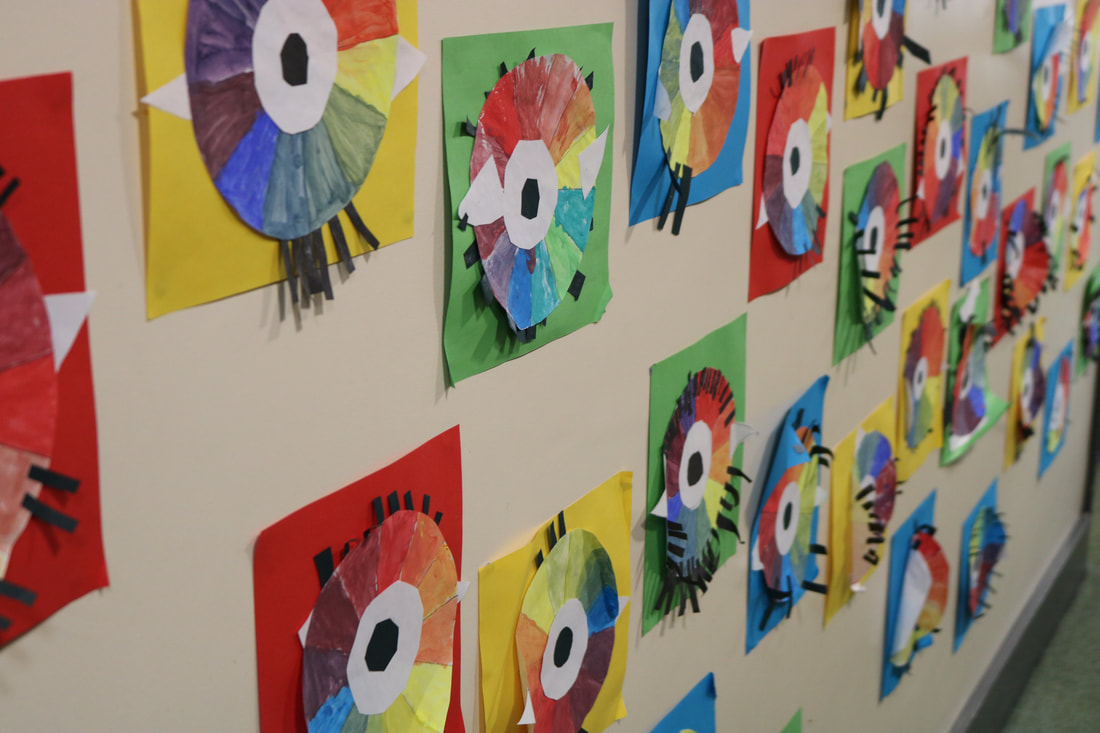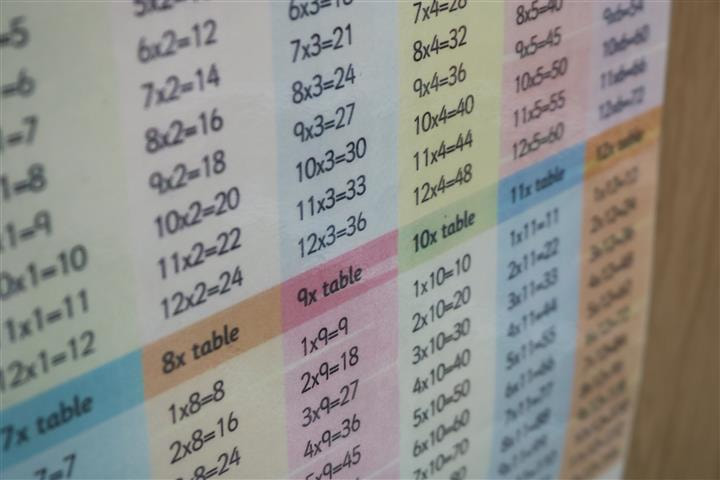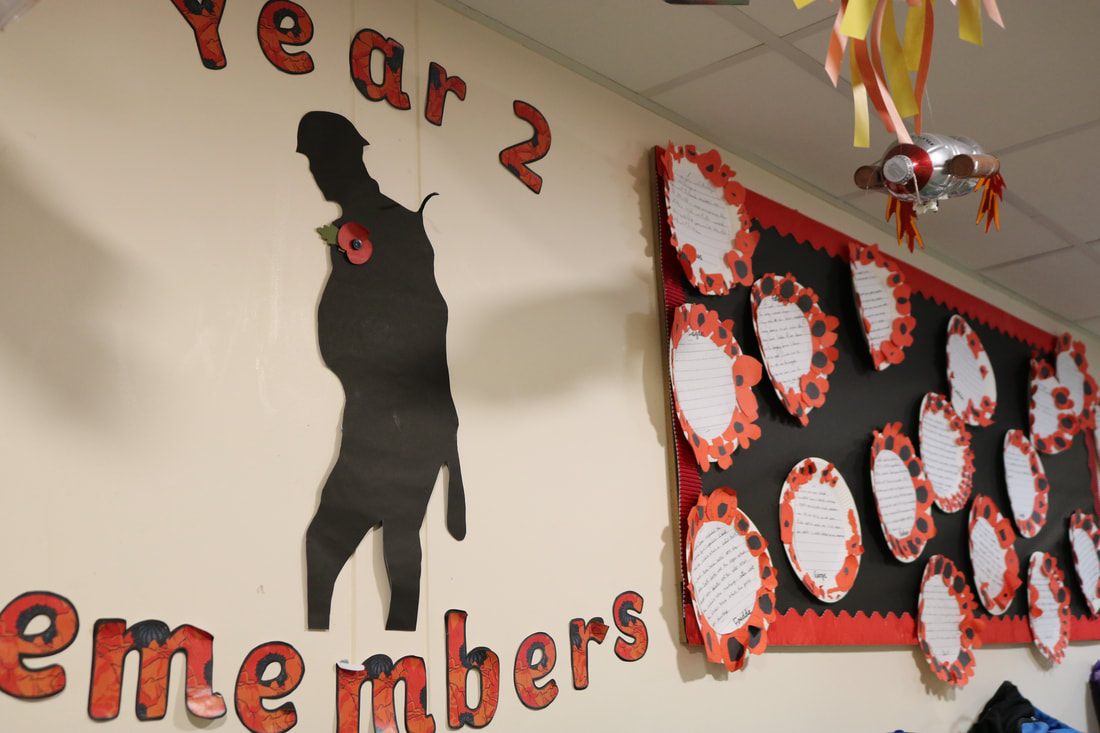Intent
At Kingslea we aim to develop the whole mathematician, by providing a foundation for understanding the world, the ability to reason and problem solve mathematically, preparation for the wider world and future education, and a sense of enjoyment and curiosity about the subject.
The curriculum is coherently planned and sequences knowledge, concepts and procedures to build mathematical knowledge and skills, systematically and over time the curriculum draws connections across different ways of looking at mathematical ideas.
Our aim is for pupils to:
• become fluent in the fundamentals of mathematics, including through varied and frequent practice with increasingly complex problems over time, so that pupils develop conceptual understanding and the ability to recall and apply knowledge rapidly and accurately.
• reason mathematically through a variety of methods such as following a line of enquiry, investigative activities using our chosen 9 strategies, and justifying or proving using mathematical language.
• solve problems by applying their mathematics to a variety of problems with increasing sophistication.
The curriculum is coherently planned and sequences knowledge, concepts and procedures to build mathematical knowledge and skills, systematically and over time the curriculum draws connections across different ways of looking at mathematical ideas.
Our aim is for pupils to:
• become fluent in the fundamentals of mathematics, including through varied and frequent practice with increasingly complex problems over time, so that pupils develop conceptual understanding and the ability to recall and apply knowledge rapidly and accurately.
• reason mathematically through a variety of methods such as following a line of enquiry, investigative activities using our chosen 9 strategies, and justifying or proving using mathematical language.
• solve problems by applying their mathematics to a variety of problems with increasing sophistication.
Implementation
At Kingslea we approach mathematics teaching following the concrete – pictorial – abstract approach to enable pupils to be able to move fluently between representations of mathematical ideas. We encourage our pupils to make rich connections across mathematical ideas to develop fluency, mathematical reasoning and competence in solving increasingly sophisticated problems. This is supported through a variety of resources, including physical apparatus and well-known scaffolds, such as tens frames and part part whole models.
Our curriculum is structured in a way that allows children to revisit, consolidate and master all aspects of mathematics. This is achieved through the provision of our unique Kingslea order of progression. Progression in calculation is also driven by the Kingslea Calculation Policy, which is regularly updated to match current mathematical and education thinking.
Proficiency in multiplication tables is developed through explicit teaching of individual times tables and further supported through mental starters, deliberate practice and online learning.
In addition, we offer parent workshops that enable our community to experience our mathematics curriculum and to have an understanding of how to support their child at home.
Our curriculum is structured in a way that allows children to revisit, consolidate and master all aspects of mathematics. This is achieved through the provision of our unique Kingslea order of progression. Progression in calculation is also driven by the Kingslea Calculation Policy, which is regularly updated to match current mathematical and education thinking.
Proficiency in multiplication tables is developed through explicit teaching of individual times tables and further supported through mental starters, deliberate practice and online learning.
In addition, we offer parent workshops that enable our community to experience our mathematics curriculum and to have an understanding of how to support their child at home.
Calculation Policy
-
Glossary
-
Addition
-
Subtraction
-
Multiplication
-
Division
<
>
Impact
Children leave Kingslea as well rounded mathematicians ready for the next stage of their education which has been recognised by local secondary schools.
By the end of KS2, evidence from pupil interviews, work scrutinies, lesson observations and assessment data clearly shows that our pupils have a good understanding and remember the mathematical knowledge, concepts and procedures to ensure readiness for the next stage of their learning, be it the next lesson, unit of work, year or key stage.
By the end of KS2, evidence from pupil interviews, work scrutinies, lesson observations and assessment data clearly shows that our pupils have a good understanding and remember the mathematical knowledge, concepts and procedures to ensure readiness for the next stage of their learning, be it the next lesson, unit of work, year or key stage.
|
|
|
Photographic images - Emmie Leyland
|
Proudly powered by Weebly
|





